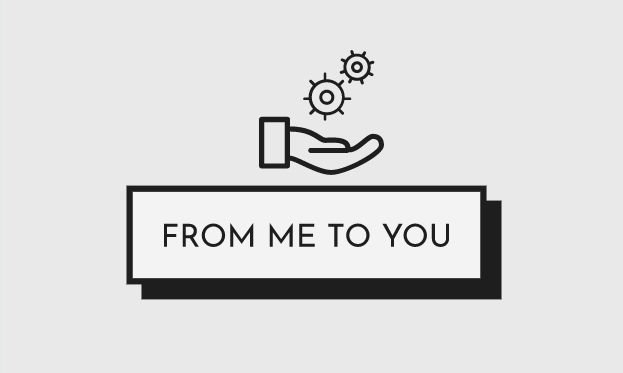Graphic created by Evan Brooks using Wix.
One of the biggest fears many people have is losing control. When we don’t feel in control of a certain situation, we tend to get nervous and wish that we were not in that situation, finding ways to escape it altogether. In our lives, there will be moments where there is little we can do, and we shouldn’t worry about it.
We cannot control everything, nor should we try. When we try to control everything, we lose focus on the things we can impact. Attempt to view all that you can control, and don’t worry about anything that you cannot. An example would be a test for a class: you can control your readiness for it, studying and ensuring that you know all that you need to know. When the test comes, don’t worry about getting a bad grade; be confident you know what you know.
If you are not confident in your ability to do something, you will automatically sabotage your own performance through negative thinking. After you have completed the test, filling out all that you have studied, remove your mind from the test until the results come in. Even after the results come in and you review them, don’t spend any more time thinking about the test.
By focusing more and more energy on how you think you did or how you actually did, you are taking brain power away from another activity you could be doing to better yourself. Even if you failed the test, you can control your energy to study more and seek out help, rather than thinking of your failure.
There are a lot of things in our lives we can control, and that control should remain in our lives. We should never seek to control another person, as it is not only unfair to them but harms your own happiness as well.
In a University of California, Berkeley article published by author and University of Texas professor Dr. Raj Raghunathan, he states that, “seeking to control others is one way of exercising control.” Also, “being overly controlling of outcomes, like being overly controlling of others, also lowers happiness levels for a variety of reasons.”
https://greatergood.berkeley.edu/article/item/why_losing_control_make_you_happier
Spending time actively trying to control what others do will lead to less time to control the things in our lives. This will make us feel like we have little to no say in what happens in our lives when we are the person taking away our own control.
We shouldn’t place so much fear in losing control in the first place. It doesn’t mean that we are at the whim of the universe, but rather we are allowing ourselves to not worry about what happens at a specific moment.
Losing control can be one of the better things to happen to you, allowing you to feel free of choice and grateful for what you currently have. Giving up some control shouldn’t feel like you are just waiting for the next bad thing to happen.
When waiting, we shouldn’t dread, but rather believe that whatever is going to happen will be beneficial or positive in one way or another. So, when you cannot control the outcome of a certain situation, you should know that you can control how you feel about it.
In our lives, there will be many instances where we just won’t have a choice, where we cannot control what happens next, which is fine. First seek to control what you can control, like your habits or emotions. Don’t spend energy worrying on certain outcomes or you will just draw energy away from more productive things. Finally, never seek to control others; you will, in turn, open yourself up to being controlled and will lose your happiness in the process.
Evan Brooks is a third-year Business Management major with minors in Economics and Civil and Professional Leadership. EB0916132@wcupa.edu

